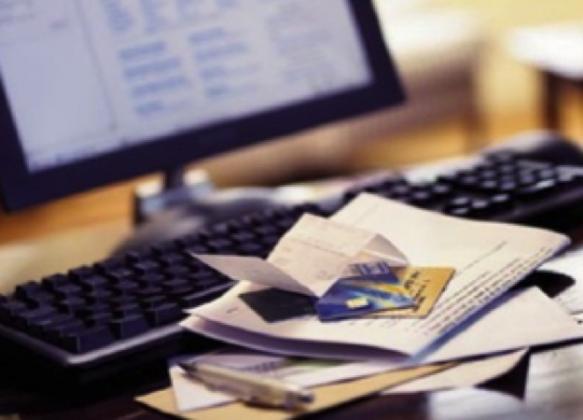Online banking: protect yourself
By Johanna Gómez
According to the Federal Reserve Bank Mobile Financial Services[1], survey stated 71 percent of bank customers use online banking and 43 percent use mobile.
This trend has caused traditional banks to reduce the number of branches and expand their services digitally through websites and apps accessible to their clients. With high-profile breaches into systems as a consumer you need to know how to keep your information safe.
Since the main benefit of online banking is convenience, your financial institution might be offering many bank services, such as checks deposit, balance transfers, bill payments, bank statements and chat with a representative. While banks provides a secure place with high-encryption to protect your information there is also a chance for hackers who are looking for opportunities to access sensitive information about your accounts. To do your part here are strategies you can apply to protect yourself.
As technology usage increase keeping your devices and software updated is one of the crucial steps you can take. For example, regularly update your computer, phone and anti- virus software. As your financial institutions keep their security up-to-date you will need to do the same in your devices to protect your information from security breaches.
Remember security come first, all networks are created different. As you protect your devices with security software, encryption codes and passwords. Be aware that when you access a public network your data can be exposed. Although many coffee shops, restaurants and businesses may offer free Wi-Fi for your convenience be conscious of what you access while you are connected to a public network. It might be best to wait to get home to check your email or link to your bank website. If you are traveling be sure to use your bank app on your phone through your mobile service provider, hotspot or a secure network.
Use strong passwords strategies, make sure not only is your account password strong also make sure your computer, phone or tablet are password protected. In case any of your devices get stolen it will make it more difficult for thieves to break into your data.
Most of us have heard often, do not share your bank or personal information, this is because hackers and online identity thieves finds ways through sophisticated methods to get your information. They create fake websites that mimic original bank pages. They will send emails as if they were your bank asking for sensitive and personal information. They also will send offers requesting to verify your information. Your financial institutions typically will not make these requests via email. Protect yourself and contact your bank if you receive these types of requests. Never reply to emails or phone calls before verifying they are legit.
Sign up for alerts. Alerts play a key role in protecting your identity and your accounts. Set up alerts for unusual activity with your bank or your email. If an unauthorized user try to break in you will receive an alert. For example, if someone attempts to access your email from a different device you will get a notification via text or email. You can set alerts for check orders, account withdrawals, suspicious credit or debit card activity. They will come through your mobile phone as a text or sent via email.
As we continue to move to use more online services it is essential to protect our identity, keep safe our personal information and be careful with the data we exchange digitally. Using these strategies will help you navigate your online financial services safely. Protect yourself!
Need help? Contact your local UF/IFAS Extension office. If you are interested in more of our programs, contact UF/IFAS Extension Osceola County at 321-697-3000. For more information about our programs visit us at http://sfyl.ifas.ufl.edu/osceola.
[1] Federal Reserve Bank Mobile Financial Services




